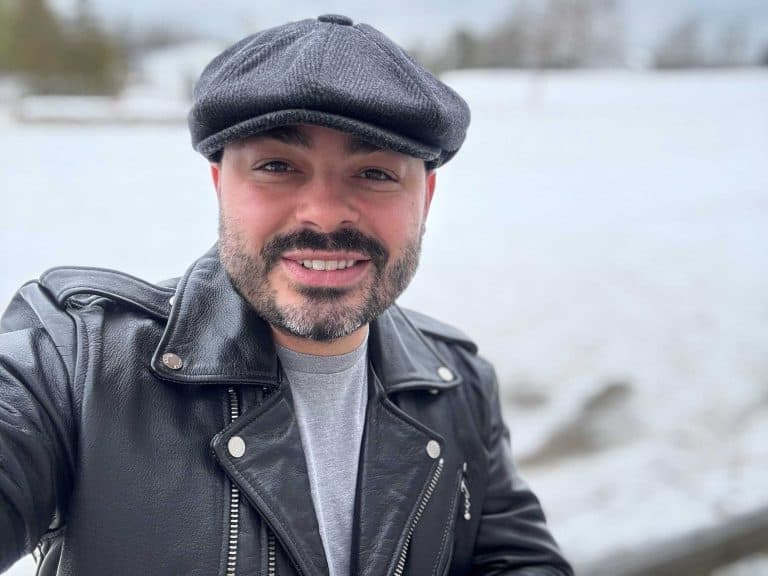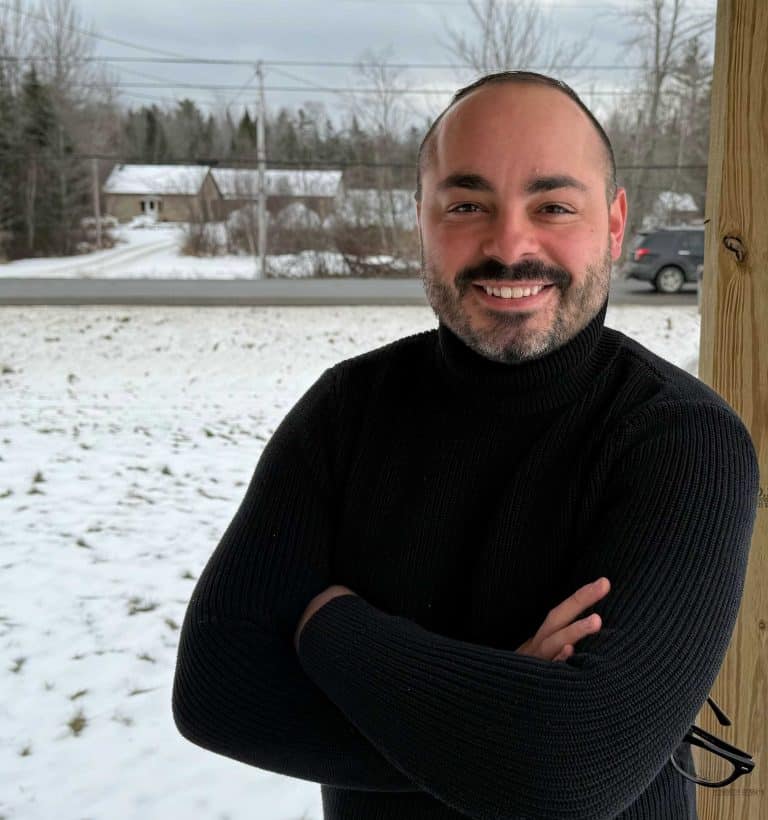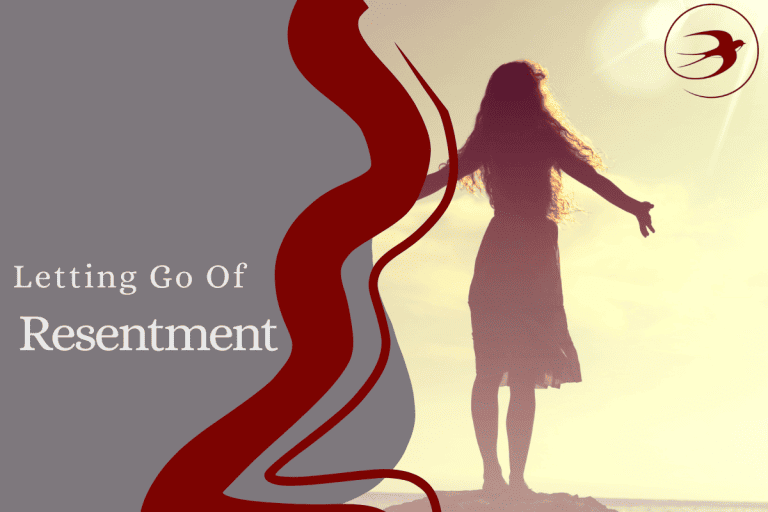Have you ever wanted to forgive someone but felt like you just couldn’t? Maybe you’ve tried to move on, but the pain keeps coming back. Forgiveness can be one of the hardest things we’re asked to do, especially when the hurt runs deep.
Why is forgiveness hard? It’s hard because the wounds are real, and the feelings that come with them, anger, sadness, betrayal, don’t go away easily. Many people think forgiving means saying what happened was okay, or that it means forgetting. But forgiveness doesn’t mean that. It means choosing to let go of the weight, not the truth.
Even though forgiveness is difficult, you’re not alone. With time, support, and God’s help, healing is possible. In this article, we’ll explore why forgiveness feels so hard and how you can begin the journey toward peace and freedom.
Why Is Forgiveness Hard?
Forgiveness is hard because it touches our deepest hurts. When someone does us wrong or breaks our trust, it feels unfair to let it go. You may ask yourself, “Why should I forgive others after what they did?” That question is honest, and it shows just how much your heart has been affected by the wrongdoing.
Sometimes, we hold onto resentment because we think it protects us. If we forgive too soon, it might feel like we’re saying what happened didn’t matter. But forgiveness isn’t about ignoring the pain. It’s about releasing the negative emotions it stirs up so you can feel free again.
It’s also hard because we want things to feel fair. We want justice. We want the offender to know how much they hurt us. And while those feelings are normal, they can keep us stuck. True forgiveness takes courage, and it often begins with saying, “This hurt me, but I don’t want to carry it anymore.” That’s when the need to forgive becomes more about healing yourself than excusing anyone else.

The Role of Our Emotions in Forgiveness
Our emotions play a big part in why forgiveness feels so hard. When we’re hurt, it’s normal to feel angry, sad, or confused. These feelings are part of how we process what happened. Sometimes, they stay with us much longer than we expect, and that’s okay.
Anger can feel like a shield. It helps us feel strong when we’ve been wounded. But if we hold onto it too tightly, it can keep us from healing. Forgiveness doesn’t mean we stop feeling. It means we allow those feelings to move through us without letting them control us.
There’s also grief, grieving what was lost or what could have been. Forgiveness often begins by facing that loss and naming it. Whether it’s the loss of trust, safety, or a relationship, your emotions matter. Honoring them is part of the healing process, not a sign of weakness.
Forgiveness Feels Like Losing Control
One reason forgiveness is hard is that it can feel like we’re giving up control. When someone hurts us, holding onto the pain may seem like a way to stay strong. Letting go might feel like we’re letting them “win” or forgetting what they did, but that’s not true.
Holding a grudge can feel safer, especially when trust was broken. It gives us a sense of power in a painful situation. But the longer we carry it, the heavier it gets. What feels like control can slowly turn into a burden that weighs on our hearts and minds.
Real control comes when we choose peace over pain. Forgiveness isn’t about letting someone off the hook; it’s about setting yourself free. When you forgive, you’re not losing power. You’re taking it back and giving yourself room to breathe again.
Spiritual Roadblocks to Forgiveness
Sometimes, forgiveness feels hard because we’re struggling to trust that God will make things right. When we’ve been hurt deeply, we may wonder, “If I forgive, who will hold them accountable? ” It’s hard to let go when justice feels far away. But Scripture reminds us in Romans 12:19, “Vengeance is Mine, says the Lord.” Trusting God with the outcome is a big step in the healing process.
Another roadblock is thinking we have to do it all on our own. Forgiveness can feel impossible when we rely only on our own strength. But we’re not meant to carry it alone. God gives us the grace we need, little by little, to forgive, even when it’s hard. He walks with us through the pain and gives us the courage to release it.
Sometimes, the hardest part is opening our hearts again after being hurt. It may feel like protecting ourselves means staying closed off. But spiritual healing happens when we give God our pain and allow Him to gently soften what’s been hardened by hurt. Forgiveness is never easy, but with God’s help, it becomes possible.
Common Myths That Make Forgiveness Harder
There are a lot of ideas about forgiveness that just aren’t true—and they can make the process feel even harder. One big myth is, “I have to feel ready to forgive.” But the truth is, you might never feel fully ready. Forgiveness is a choice, not a feeling. It often starts small—like choosing to pray for peace instead of replaying the hurt over and over again.
Another common myth is, “Forgiveness means forgetting.” But real forgiveness doesn’t erase what happened. You can forgive and still remember. You can forgive and still set boundaries. Forgiveness is about letting go of the anger and pain, not pretending it never happened.
Some people also believe, “If I forgive, I have to reconcile.” But reconciliation and forgiveness are two different things. You can forgive someone without letting them back into your life. Forgiveness is something you do for your own healing. It’s a way to protect your peace—not to excuse what was done.
What Makes Forgiveness Possible Over Time
Forgiveness doesn’t always happen all at once. It often comes in small steps over time. Sometimes, you’ll think you’ve moved on, and then the pain shows up again. That’s normal. Healing isn’t a straight line. What helps is being honest about your feelings, staying connected to your support system, and giving yourself grace.
Talking to someone you trust, a friend, pastor, or therapist, can help you process what happened and how it still affects you. Writing in a journal or praying regularly can also open space for God to speak truth and peace into your heart. Don’t rush yourself. Each step forward, no matter how small, matters.
The most powerful help often comes from remembering how God forgives us. His grace doesn’t wait until we’re perfect; it meets us right where we are. When we look at His example, we see that forgiveness is not weakness; it’s love in action. With His help, we can learn to forgive in a way that brings freedom and healing to our own lives.
Final Thoughts
Forgiveness is one of the hardest things we’re asked to do because it asks us to face real pain with an open heart. It doesn’t come easy, especially when the hurt runs deep. But choosing to forgive doesn’t mean you’re weak—it means you’re brave enough to want peace. Your story matters, and your healing matters too.
You don’t have to walk this road alone. God understands every wound, every tear, and every part of your journey. He’s not rushing you; he’s walking with you. And as you take small steps toward forgiveness, you’re making space for freedom, rest, and healing. You’re choosing to live with an open heart, not a heavy one.
Blessings,






